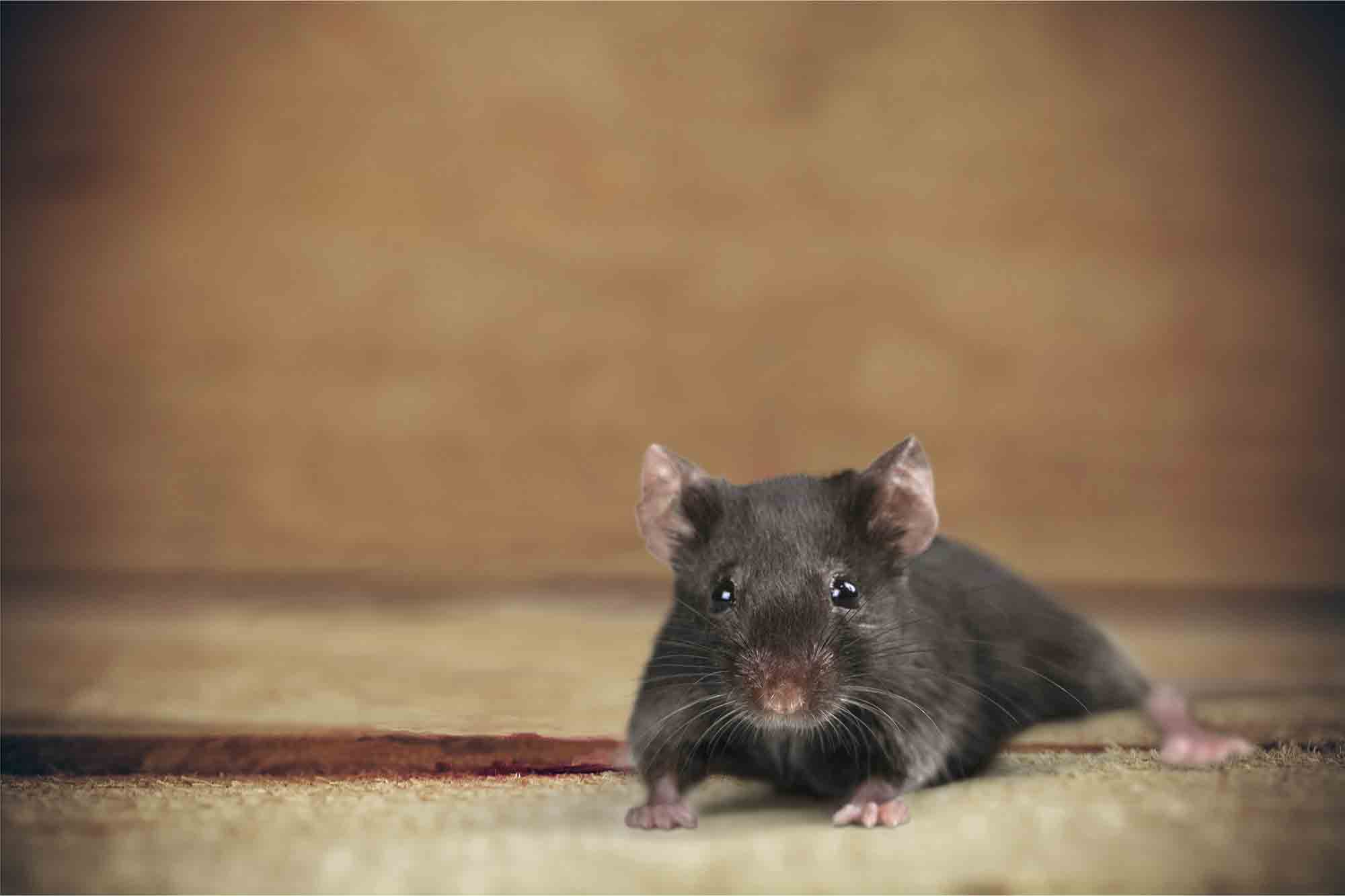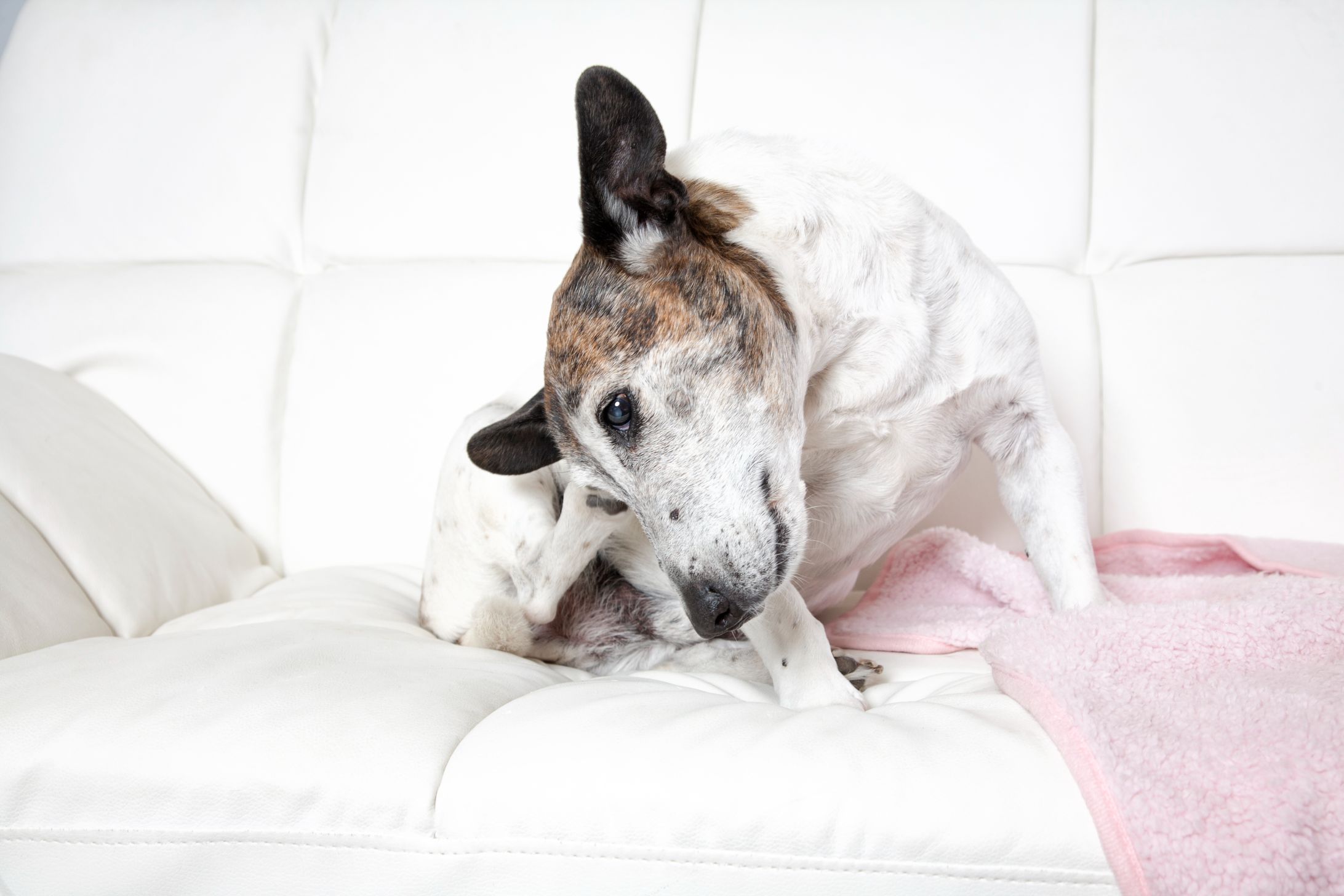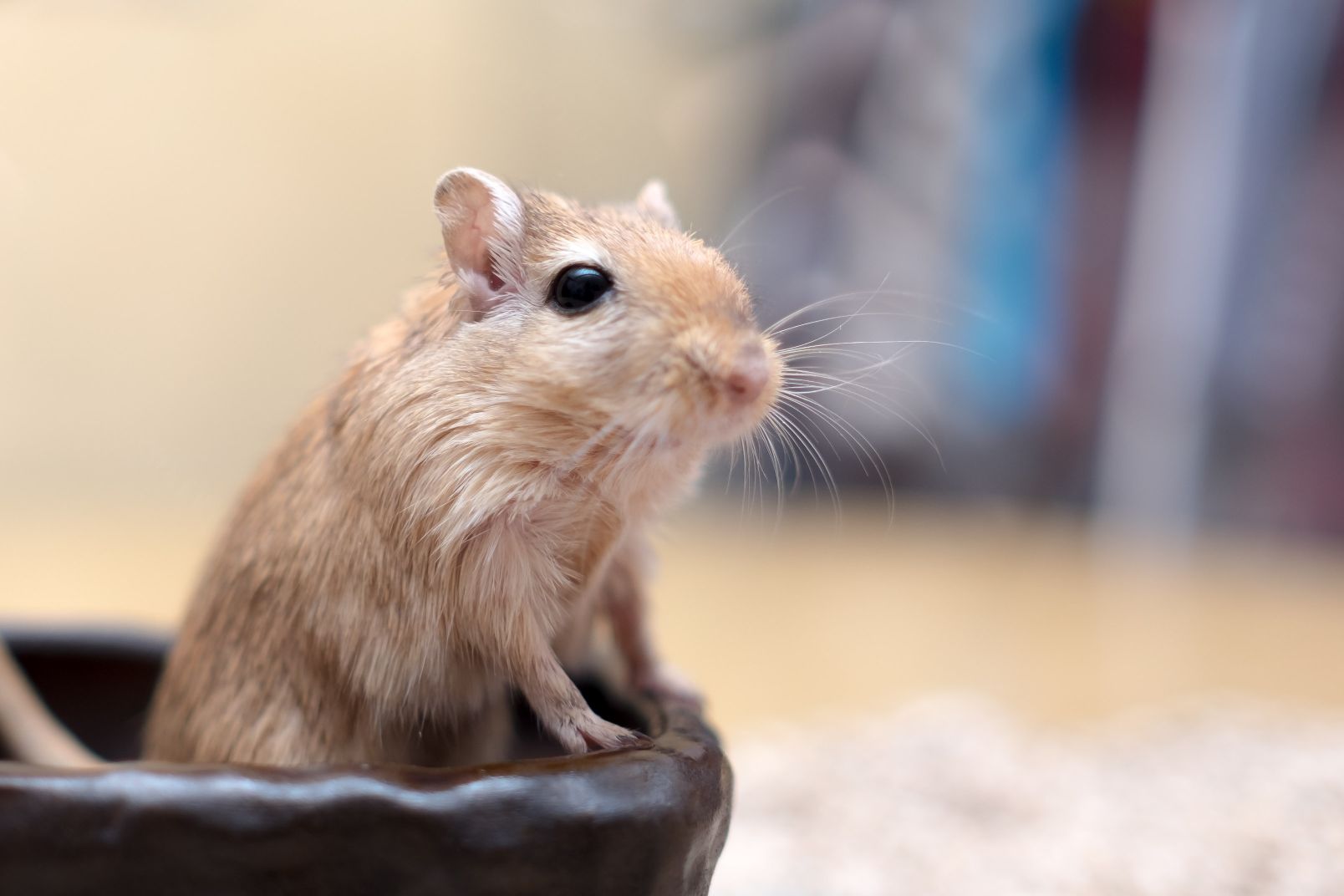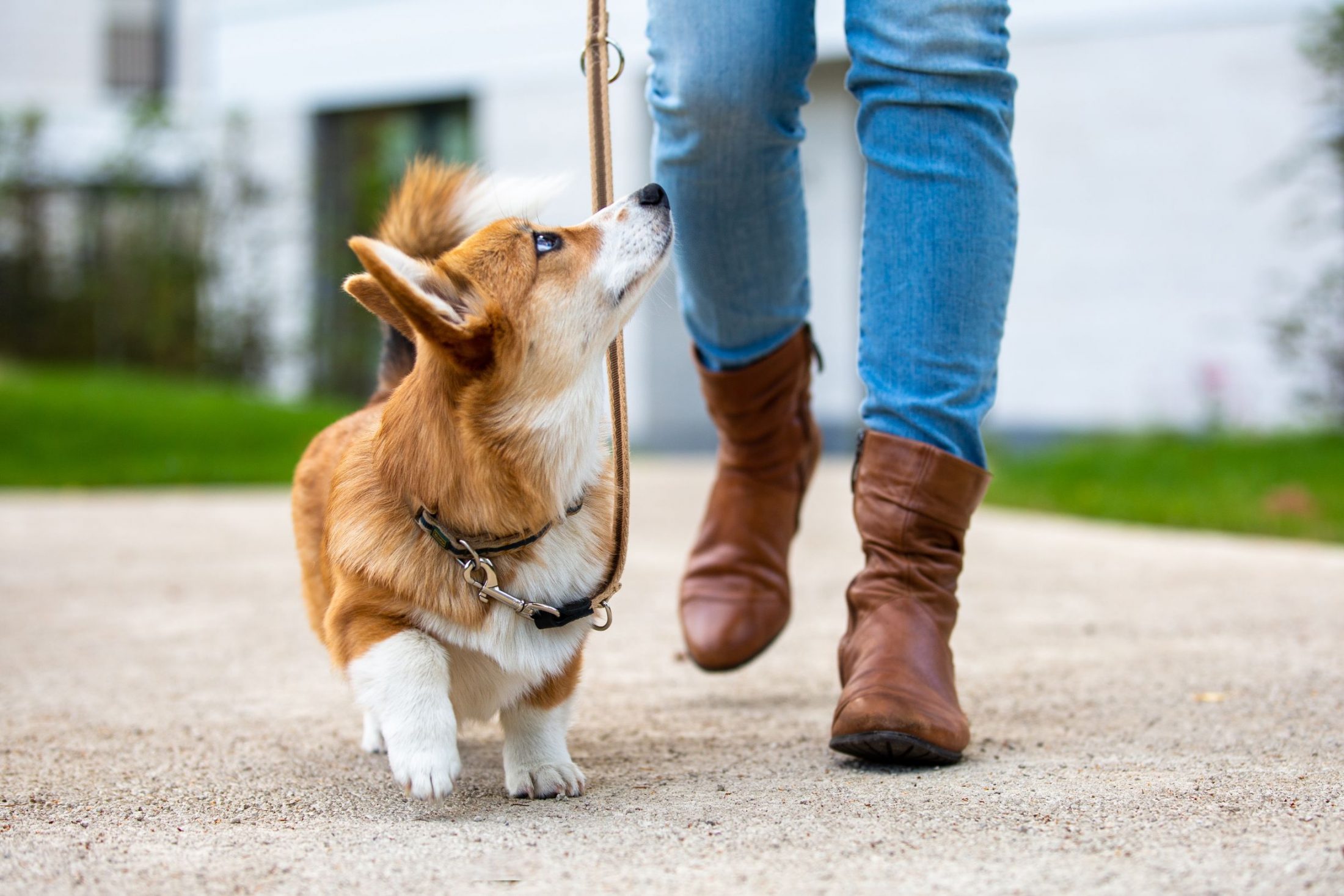 Many households turn to pocket pets or small mammals when a “traditional” pet is out of the question. Cats and dogs certainly require more time, space, and attention than other adoptable pint-sized pets, but that doesn’t mean these animals are zero-maintenance. They’re full of personality, intelligence, curiosity, and energy, but what else should you know about pocket pet care before bringing home a new friend?
Many households turn to pocket pets or small mammals when a “traditional” pet is out of the question. Cats and dogs certainly require more time, space, and attention than other adoptable pint-sized pets, but that doesn’t mean these animals are zero-maintenance. They’re full of personality, intelligence, curiosity, and energy, but what else should you know about pocket pet care before bringing home a new friend?
Common Threads
At Summeridge Animal Clinic, we routinely see and treat guinea pigs, rabbits, hamsters, gerbils, rats, and mice. Other common species of pocket pets include chinchillas, degus, ferrets, hedgehogs, and marsupial sugar gliders. Depending on your interests, availability, and home environment, one of the following pets might be the perfect fit for you:
- Hamsters – Incredibly cute and fluffy, hamsters are very popular pocket pets. They’re known to be great for kids, but they may not bond as well with people as other pocket pets. They’re clean, need a small space, and live 2-3 years.
- Mice – These critters are smart and active, requiring lots of attention, snuggles, and access to exercise. They don’t typically require a large living space, but they live only 2-3 years.
- Rats – Highly social, clean, and clever, rats can make great pets. Larger than mice, they’re much easier to hold and easier to keep an eye on when out of their cage (which should be often to keep them happy and healthy!). Lifespan is similar to mice.
- Gerbils – Active and social during both day and night hours, gerbils are very fun pets to care for in pairs or groups. They’re best housed in glass aquariums because they chew, tunnel, and burrow. Great with kids, they live 2-4 years and aren’t at all difficult to provide for.
- Guinea pigs – So lovable and sweet, guinea pigs have been known to relish the attention and affection of an individual or an entire family. While not considered tidy, they do live 4-6 years and must have cuddles and time outside the cage. They also require a large enclosure.
- Rabbits – These animals need a great deal of space to run around in and can eat their body weight in hay every day. But they’re so cute, the extra room and food expense is always worth it! Rabbits can live up to 10 years, can be potty trained, and depend on human interaction every day.
Pocket Pet Care
Having the right supplies is a huge step toward efficient and effective pocket pet care. It’s important to carefully consider the right cage or enclosure, dietary requirements, necessary toys, possible threats to pocket pet care, and what future needs they might have.
Our veterinary team is always here for your family, and we hope you’ll contact us with any questions or concerns about pocket pet care.



